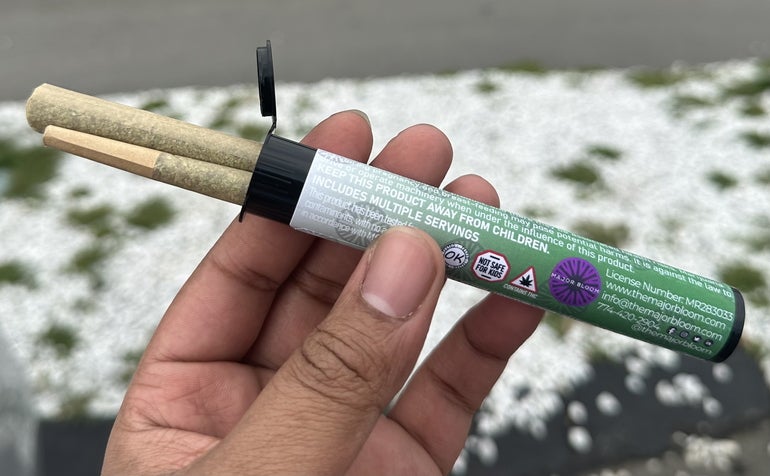Potency limits, dedicating tax revenue for special education, public health research and advertising restrictions will become part of the conversation Wednesday when the House considers a bill to reorient legal marijuana oversight in Massachusetts.
Representatives filed 45 amendments to a bill that over the last week cleared the House side of the Cannabis Policy Committee and the House Ways and Means Committee. The ideas those riders propose would add to a bill that seeks to restructure the Cannabis Control Commission, regulate and tax hemp-based products, raise a cap on retail license control and make structural changes to the medical marijuana side of the industry.
Addressing the internal turmoil at the CCC and the external complaints about the slow pace of regulatory changes was identified as an early-session priority by House Speaker Ronald Mariano, but leaders in the Senate have not expressed the same interest in tackling the topic. The House is scheduled to gavel in at 11 a.m. Wednesday, but typically begins consideration of the topic du jour after 1 p.m.
With an amendment (#16) that he said is projected to direct more than $57 million annually to help school districts meet rising costs, Rep. Francisco Paulino is looking to dedicate 20% of the state’s cannabis excise tax revenue to special education reimbursements through a new trust fund. It would also specify that funds would supplement, not replace, existing special education reimbursements and cap administrative expenses at 5%, his office said.
“Districts are doing all they can to meet the needs of students with disabilities, but the financial challenges remain significant,” Paulino said. “This amendment is a practical way to ease that burden using revenue the state is already collecting.”
Revenue from the state’s 10.75% marijuana excise tax goes into the Marijuana Regulation Fund, which the Legislature can use to support the CCC and related activities. Cannabis sales are also subject to the state’s 6.25% sales tax and a local tax of up to 3%.
Around hemp-based beverages, potentially intoxicating drinks that have become a common item at convenience stores, Rep. Michael Day of Stoneham proposed (#39) to require that anyone selling hemp beverages at retail also hold a license to sell all alcoholic beverages not to be drunk on premises. The underlying bill itself would restrict the sale of hemp drinks to people 21 or older.
Rep. Marcus Vaughn of Wrentham proposed an amendment (#6) to put limits on the potency of legal marijuana products. It seeks “requirements for reasonable THC potency limits for each type of recreational marijuana product … and reasonable potency or dosing limits for marijuana concentrates and edible products.”
Vaughn’s amendment would cap potency of cannabis flower at 30% THC, the psychoactive compound of marijuana. Vaporizers and concentrates could not exceed 5mg THC per metered serving or 30% potency, and the amendment also looks to ban any added sweeteners, non-cannabis terpenes, and almost anything meant to be inhaled that has a “characterizing flavor.”
Nodding to the rise of high-potency THC products and connections to mental health, Rep. Patrick Kearney of Scituate filed an amendment (#23) to create a special commission to make recommendations related to the mental health impacts of THC consumption and “the development of public health warning requirements and educational campaigns related to such impacts.”
The group would be tasked with looking into the association between THC use and “increased risk of mental health disorders, including anxiety, depression, psychosis, and suicidal ideation,” as well as the effects of high-potency THC on adolescent and young adult brain development.
The commission would be specifically charged with considering whether “a targeted excise tax or fee on THC-containing products” could work to fund a public health awareness campaign about THC and mental health.
Representatives have the option of trying to force public debate and votes on their amendments but the House under Speaker Mariano has often opted to dispense with most amendments following off-floor private debates that culminate with the presentation to the House of a single consolidated amendment.

